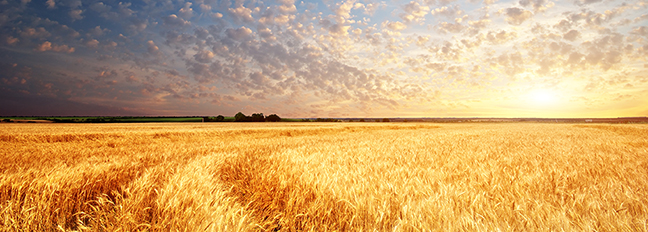Simply intensifying current agricultural practices— whether by farming more land, using more irrigation or using more fertilizer—won’t be enough to sufficiently augment crop yields to meet future food needs.

Instead, the next wave of agricultural productivity will have to incorporate new technologies. It will have to do so in a sustainable way by using production practices that meet human needs while reducing environmental impacts. This means using practices that make both environmental and economic sense for growers.
Agricultural sustainability does not need to come at the cost of economic sustainability.
While consumer and industry pressures for sustainable food production will increase, broad behavioral change—including rapid adoption of new practices—will be driven by grower economics.
In a sense, the starting point is economic sustainability—where growers will find ways to reduce input costs, sustain or increase output value and simultaneously improve the environmental sustainability of what they do.
Agricultural and economic sustainability are possible, and even go hand in hand.
In our next blog post, we’ll look at biologically sourced tools for agricultural production and how they might be essential for the next Green Revolution.
#
This is Part 2 of our five-part series (Part 1, Part 2, Part 3, Part 4, Part 5) about sustainable growing practices. To learn more about Agricen and our contributions to sustainable growing practices, subscribe to our blog.





